I. Thou shalt not say 'God'
In the secular bubble I'm part of, we don't talk about God. Ever. I have no idea if the many wonderful people I am friends with have a lick of a spiritual life. In our circle, God is private. Worship is private. Once you walk out of your chapel, synagogue, or temple, for heaven's sake, don't talk about it. Keep it neat and tidy and contained to one day of the weekend, your own private prayers, and maybe grace with your family at dinner, but probably not when you have company, unless you know for sure that they say grace too. And if you do talk about something venturing towards the Godly, use less triggering words like universe, love, or mystery.
To an outside observer, this probably seems like strange behavior from a woman who was raised going to church every Sunday. I was confirmed. Read the entire New Testament in high school. Went to a Jesuit college. Spent a summer in Guyana with the Sisters of Misericordia. Worked in my 30s for a Christian non-profit. Yet, that whole time, my regular life and my spiritual life were distinctly separate. There was little to no merging or intertwining. How could there be when it is abnormal to talk openly about it?
The secular culture takes separation of church and state several steps further. We live with separation of church and life.
While public God-talk was never normal in my world, it was still common and accepted that people had a siloed religious life. What wasn't common, most definitely for me, was a distinct negativity and dare I say, prejudice, against people who live an openly integrated, Christian life.
That aversion crept in slowly over years due to a few factors. First, my husband's work moved us overseas for many years. During that time we visited several very conservative missionary churches whose members and beliefs we didn't resonate with. Second, I earned my Master's Degree at a Kenyan University where I studied with thousands of young Africans whose ancestors were brutally colonized with the blessing of the Church. I saw the dark side of organized religion clearly and directly. Third, I read a series of books like Unorthodox, Girl at the End of the World, and Pure about the harmful underbelly of religious fundamentalism. This was in addition to extensive reporting on the Branch Davidians and Catholic priest molestation scandals. Lastly, the US political and culture wars began to equate Christian Americans with Red states. As someone who has leaned Blue all my life, this was the final straw. I wanted no part of what media portrays to be intolerant, self-righteous, science-rejecting, women-oppressing, homosexual-oppressing, 'spare the rod and spoil the child,' prudish, brainwashed, uneducated, kill-joy people.
And yet! My soul longs for the sacred. At the same time, my nervous system recoils at the word God. Flares of 'danger' go off in my entire system.
II. Hungry Secularism
We're living through what many are calling a meaning crisis. Despite unprecedented material prosperity and individual freedom, rates of anxiety, depression, and existential emptiness continue to climb. The secular worldview I grew up in promised to liberate us from superstition, unexamined dogma, and oppression, but has also stripped away the very foundations that gave previous generations a sense of purpose, belonging, and cosmic significance.
I spent years intellectually convinced that science and reason were sufficient, that we could organize around shared progressive values and that would be enough to create a good and healthy society. I believed Christianity was fine, albeit flawed, outdated, potentially dangerous and definitely something to keep to yourself. Yet, I felt spiritually malnourished. Something in me kept reaching for transcendence, for connection to something larger than my individual concerns. My rational mind had a story of the universe that made sense but wasn't satisfying. Progressive values, once liberating, no longer appeared to be working; the world is as divided, unhealthy, corrupt, and war-prone as ever.
When I discovered Buddhism many years ago, it felt like such a revelation. Here was a tradition that offered sophisticated practices for working with the mind, profound insights about the nature of reality, and a path toward genuine peace, all without requiring me to believe anything that offended my rational sensibilities. Plus, Buddhists don't have the same sordid history as other faiths. Buddhism became my bridge back to the sacred.
III. Lovely But Lonely Buddhism
Through Buddhist practice, I learned to meditate, to observe the patterns of my mind, to cultivate compassion and equanimity. I discovered that consciousness itself is vast and mysterious, that what I'd taken to be solid reality is actually fluid and interconnected. I experienced states of awareness that secular materialism simply couldn't account for.
Buddhism taught me that the universe might actually be conscious, creative, intelligent, exploring itself through countless forms of awareness. It gave me back a sense of wonder and participation in something infinitely larger than my small self.
But after years of practice, I found myself longing for something Buddhism, at least as I encountered it in the West, couldn't provide. I wanted a personal relationship with the divine. Buddhist meditation is often described as becoming "nobody special" or dissolving the ego into vast emptiness. While this was profoundly healing, part of me yearned for the opposite—to be deeply known and loved as the unique somebody I am.
I missed the music, liturgy, and rituals of my Christian childhood. I missed the sense of being part of a story, shared by my ancestors, that stretches back thousands of years and forward into eternity. I missed prayer as conversation rather than just mindful awareness.
IV. The Return is Everywhere
I've been tentatively moving back towards my Christian roots and I'm not the only one. Christ is making his way back into the public sphere in a way he hasn't for decades. Public figures like JD Vance, Jeff Warren, Sarah Jakes Roberts, Jordan Peterson, and Russell Brand have massive followings on social media. Intellectuals like Jordan Hall, Tom Holland, and Paul Kingsnorth have openly turned to Christianity after years in secular or atheist circles. There's a growing recognition that while the Enlightenment gave us tools for reason, critique, and analysis, it may have demolished some essential human infrastructure for meaning-making and community formation.
The medieval mind understood something we've forgotten: that reality is fundamentally relational, participatory, and meaningful. Every thing and every person exists within a web of significance that connects us to each other and to the divine source of all being. The modern world taught us to see ourselves as isolated individuals in a mechanistic universe. No wonder we're lonely and anxious.
V. Wrestling
But here's where it gets complicated. Twenty-first century consciousness has been through the scientific revolution, social justice reforms, discoveries in human psychology and development, and postmodern critique. I don't want to just go back to the Christianity of our yesteryears as if nothing has happened. We've evolved, and our spiritual containers need to evolve too. Yet, I see ultra-conservative Christianity popping up all over and it puts me on edge.
This is why I'm not fully ready to shout out my faith in God or Christ. These words carry so much baggage—images of an angry old man in the sky, exclusivist claims about salvation, the subjugation of women, the justification of violence. When I hear "God," part of me still reacts with the reflexive progressivism that insists all perspectives are equally valid and universal truths are suspect.
Then what is it I'm actually experiencing in meditation when I sense a vast, loving intelligence that holds all things, or when I'm walking in nature and feel a profound sense of being known and cherished by something infinitely tender?
I'm comfortable calling it "universe" or "loving awareness" but I balk at "God" even though they point to the same reality, just filtered through different cultural and psychological lenses. The creative intelligence I touch in Buddhist meditation is the same loving presence that mystics have called God for millennia. The problem isn't the reality these words point toward, but the associations I've layered onto them.
This doesn't mean I'm ready to embrace every doctrine or biblical interpretation that comes with traditional Christianity. But I'm becoming curious about what happens when I separate the essence from the cultural packaging. "God" isn't the property of any one religion, but a word that can be reclaimed by anyone who has ever felt held by a force greater than themselves.
The language barrier runs deeper than individual words, though. It's entire worldviews that seem irreconcilable. How do I hold both the Buddhist understanding that all phenomena are empty of inherent existence AND the Christian proclamation that Jesus is the way, the truth, and the life? How do I honor my feminist convictions while engaging with scriptures that seem to diminish women's roles?
This is a tension I'm learning to live with. The spiritual maturity I'm being called toward requires that I be spacious enough to hold paradox without collapsing into either rigid literalism or dismissive relativism.
VI. Ancient Wisdom, Modern Consciousness
What I'm sensing, and what I see happening in some places, is a movement toward religious traditions that can transcend and include rather than simply reject what came before. A Christianity that can appreciate Buddhist insights about the nature of mind and integrate new understandings about technology, human development, and the cosmos.
It's important to resist going backward to fundamentalism. Life is too fluid for that. But we can spiral towards something that holds both ancient wisdom and contemporary awareness. I want to be part of a religious community that serves as a container for meaning-making and character formation, but has enough spaciousness to welcome spiritual refugees from many different paths.
How do we actually do this work of integration? How do we find our way back to traditions that can hold both ancient wisdom and modern consciousness? How do we bridge the gap between our spiritual hunger and our religious resistance?
VII. The Tender Work of Return
This is tender, vulnerable work that's hard to do alone. We need spaces to distinguish between spiritual hunger and religious wounding. We need to talk about reclaiming the sacred without bypassing the legitimate insights of rational, secular culture. We need communities that can hold both our longing and our resistance.
I believe that the healing of our souls and the healing of our culture are intimately connected. Learning to say "God" again, in whatever language feels authentic, is part of how we find our way back to each other and to the Earth that holds us all.
I would be honored to host this discussion with anyone who has read this far and feels called to join in. I'm planning on holding a free online workshop for those who feel spiritually hungry but religiously hesitant. I have ideas for how we can examine our authentic longings alongside our inherited wounds, and experiment with practices that feel both meaningful and safe.
If this resonates with you, let me know in the comments below, DM me here on Substack or reach out to me on Instagram @lizkrees.


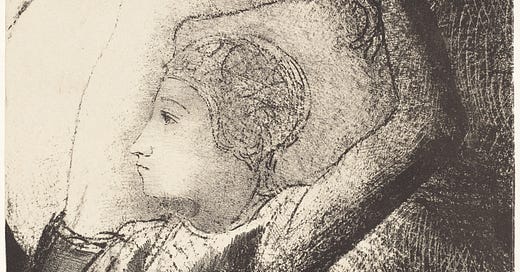



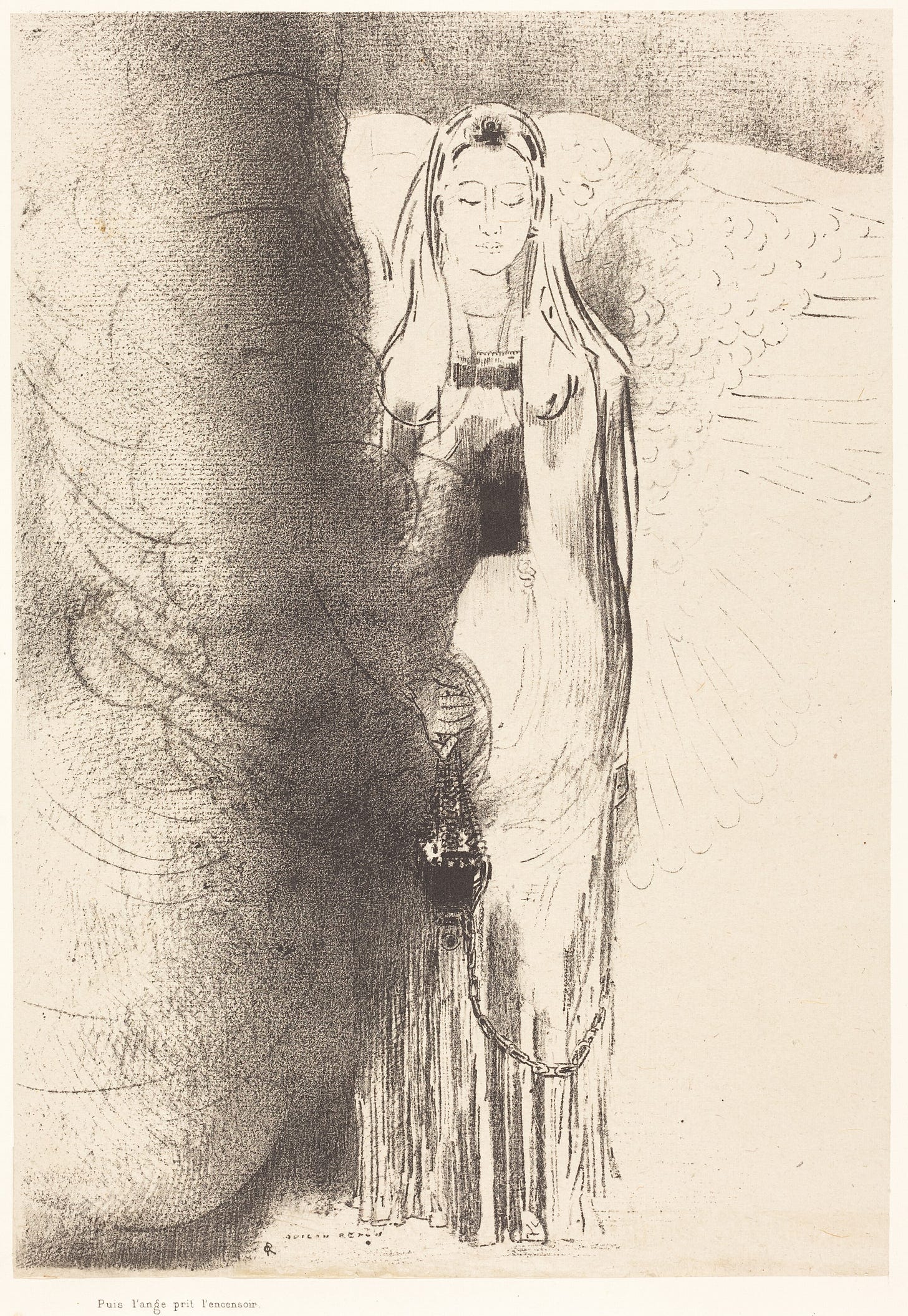
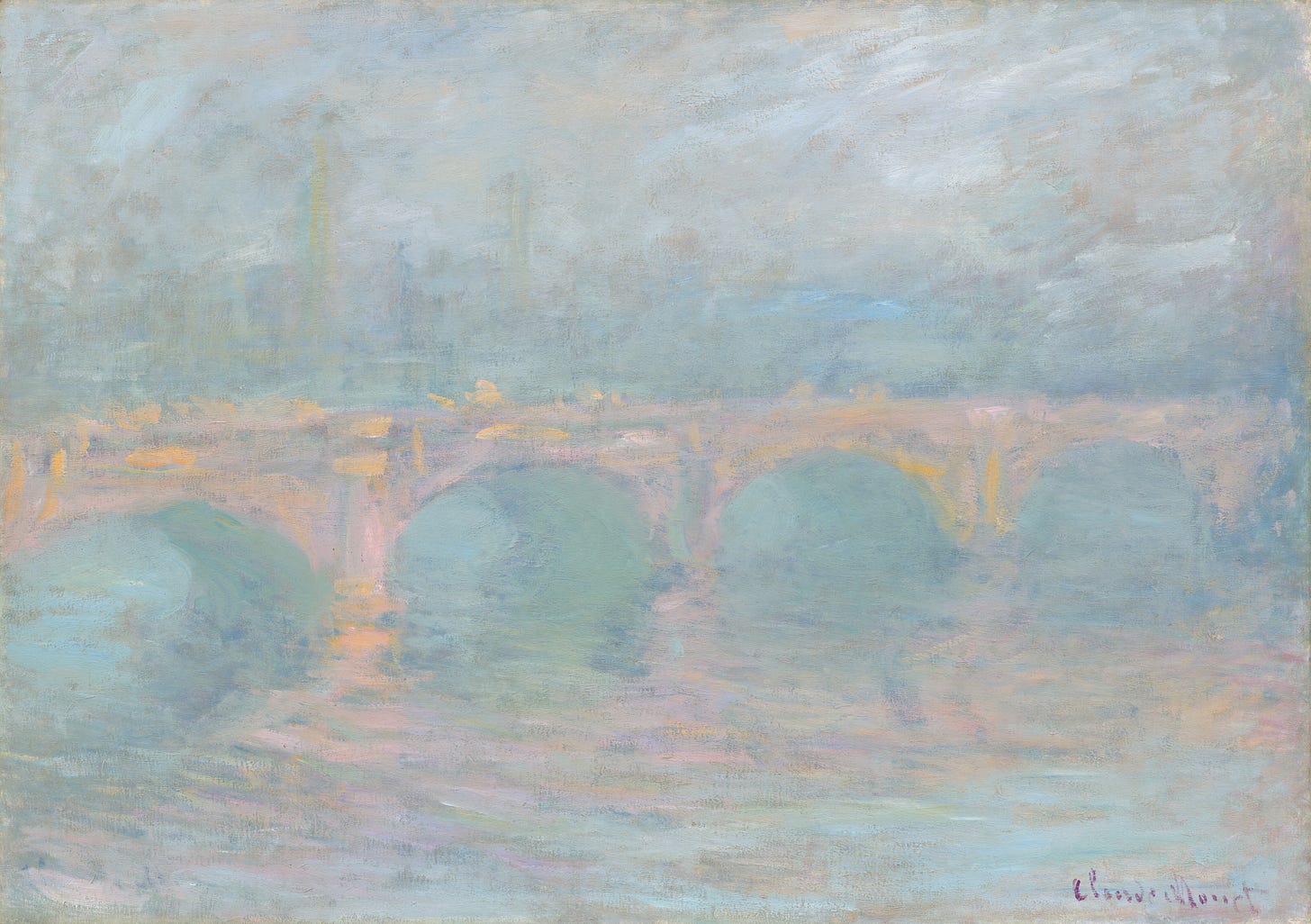
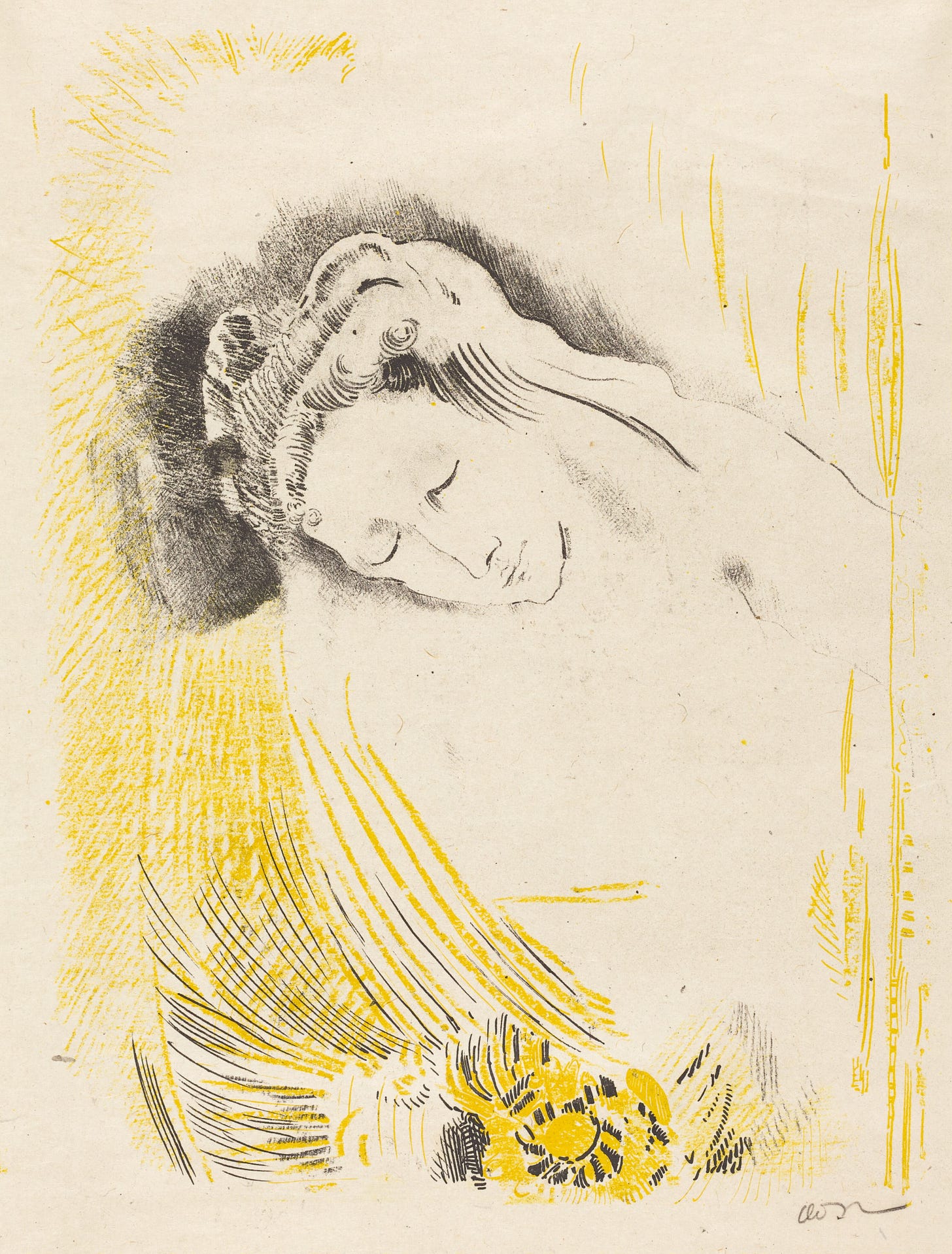


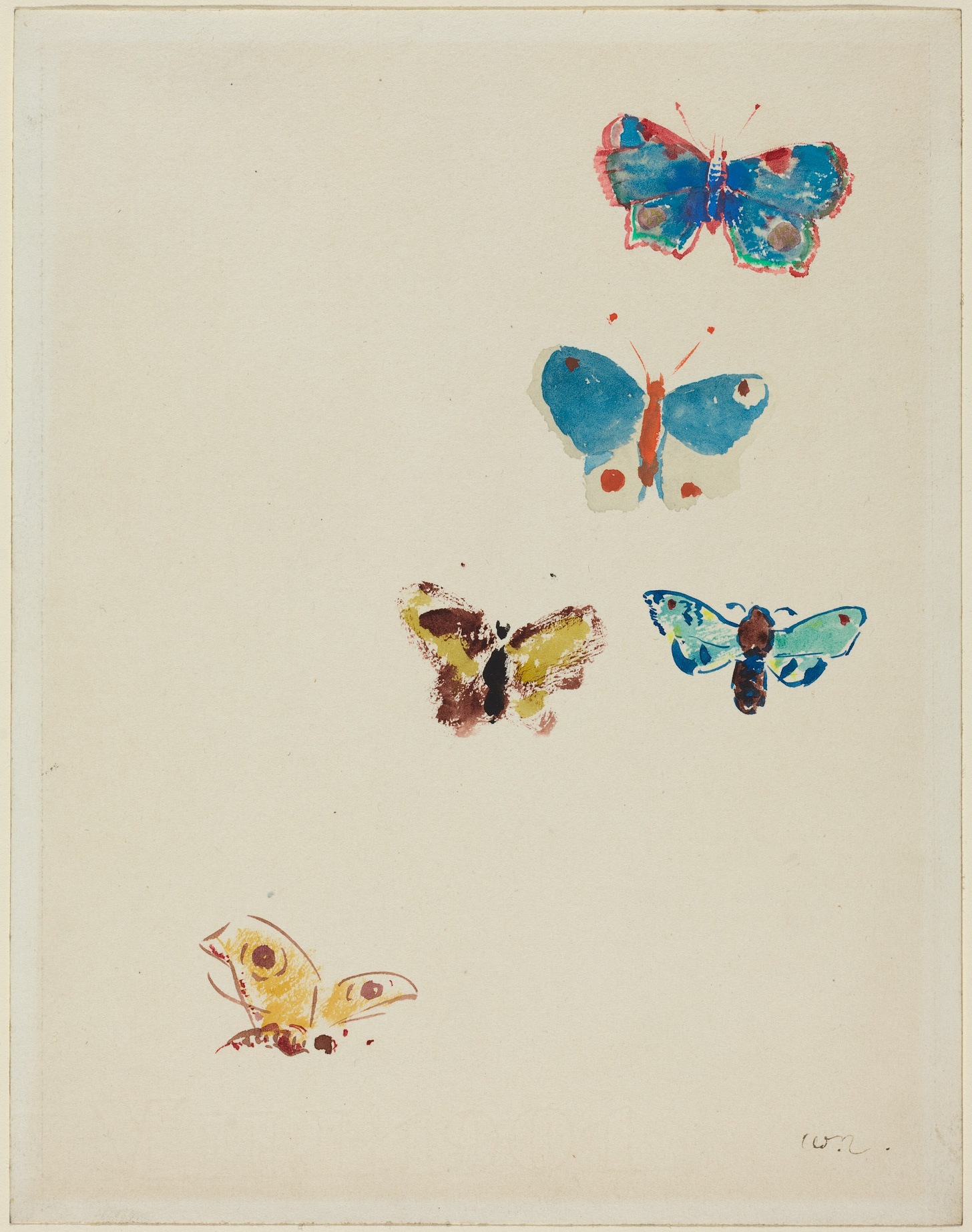
Hi Liz, Ingrid here. I’d enjoy participating in your discussion. I’ve become active in the Unitarian community, where I have found a freedom to believe what I need to believe and to learn from people who have their own beliefs. I think the idea of community is the most important thing to me sharing ideas with people, but also feeling a connection to a community that is free of dogma is important to me. There’s a pretty active Unitarian community in Washington. You might want to check it out.